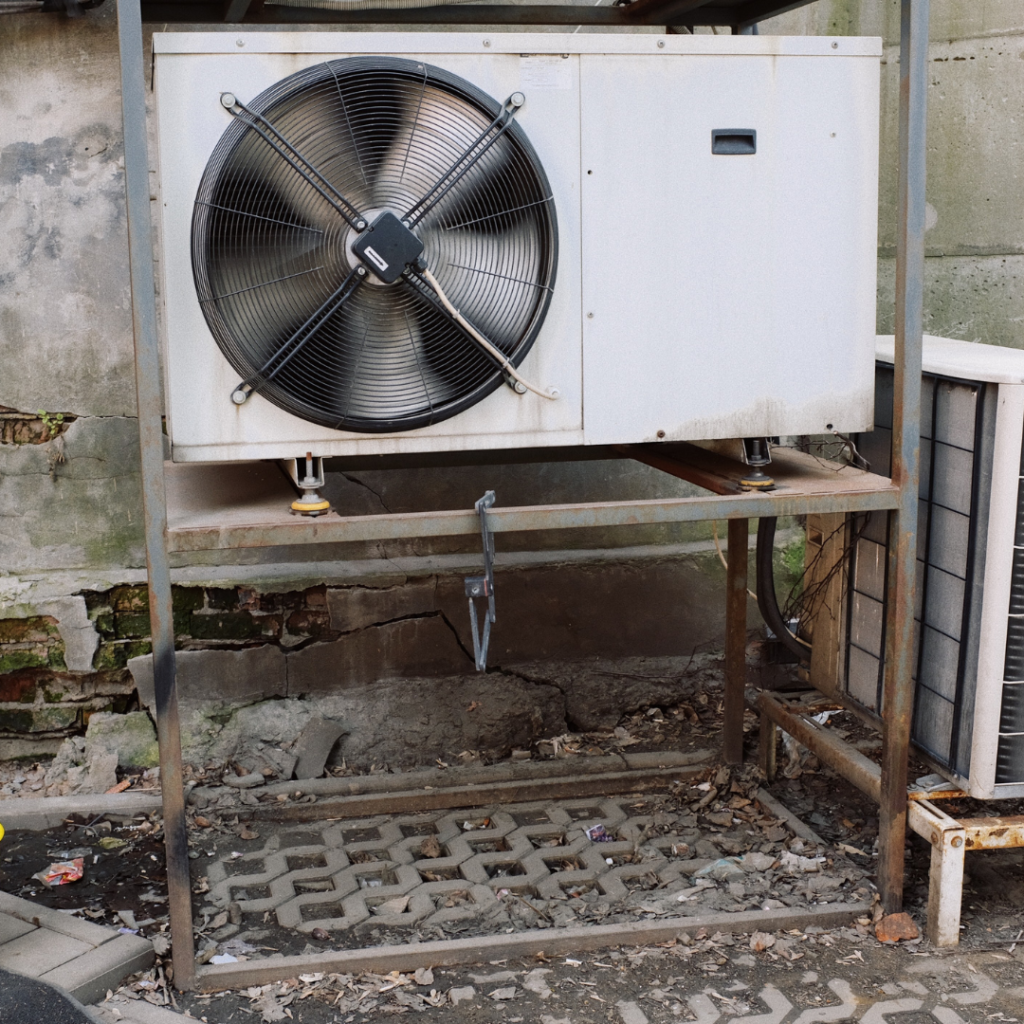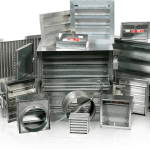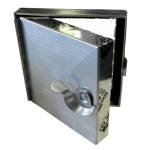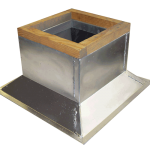
When the flowers bloom and the birds are chirping, it’s time for you to call for routine HVAC (heating, ventilation, and air-conditioning) preventative maintenance.
But why is HVAC maintenance important, and what exactly does it consist of?
7 Tips to Make Sure Your HVAC System is Ready for Spring
1. Schedule maintenance
2. Filter change
3. Thermostat change
4. HVAC unit management
5. Check insulation
6. Vents and registers
7. Pipe insulation and condensate lines
1. Call and Schedule Preventative Maintenance
It is critical to make sure you call a professional HVAC service provider for preventative maintenance of your HVAC system to keep it running at its best and most efficiently.
2. When the Seasons Change, So Do Your Filters
Make it a habit to change your filters whenever the seasons change. This is important for two reasons. First, when you replace the old filters with new ones, the air can move more efficiently through them without dirt and dust blocking them. Two, you and your family will breathe cleaner and fresher air without the air moving through all the dust and debris.
3. Make the Move to a Programmable Thermostat
The new Wi-Fi thermostats can be programmed from your computer or mobile phone, allowing you to control your home temperature while away. This allows you to manage your home temperature more carefully and save money.
4. Is Your HVAC Unit Clean?
Making sure that your HVAC unit is clean is more than just a matter of cleanliness. For example, if your heating and cooling units are located outside, you will want to be sure to clear any debris away from the coils. In addition, by keeping leaves out of the system, you will help to guarantee that your system will run properly.
5. Efficient Insulation Helps Things Run Smoothly
Checking your insulation for air leaks helps to make sure that your HVAC unit will not have to run harder than it needs to. In addition, insulation helps to maintain a home’s set temperature, so don’t let your preferred air temperature escape through any possible holes or gaps.
6. Clean Your Vents and Registers
As with changing your filters, cleaning your vents and registers is essential to keep them clear of any dirt and dust. If you have pets in your home, their dander can cause build-up on vents and registers. By keeping these clean from dust and particles, you will help improve your HVAC system’s efficiency and help keep the air in your home clean and free of allergens.
7. Carefully Inspect Pipe Insulation and Condensate Lines
When you check the pipe insulation, any damaged portion should be replaced immediately to ensure that your HVAC system will continue running as efficiently as possible. In addition, the condensate line, which is the dripping line leading away from your HVAC unit, may cause drainage issues if it stops working correctly. By checking this line, you can save yourself from paying higher utility bills and avoid possible damage to your home.
What Care Does My HVAC System Need Beyond Seasons?
While it is crucial to keep your HVAC system running smoothly whenever the seasons change, you will want to ensure your fire dampers and HVAC dampers are in tip-top shape beyond seasonal changes. These should be checked on an entirely different schedule.
Typically, once you have HVAC dampers or fire dampers installed, you should have them checked one year later. After that, they should be checked every four years unless they have been placed in a hospital. Hospitals should be checked on a six-year schedule.
What are HVAC Dampers, and What Do They Do?
HVAC dampers are metal boxes connected to your HVAC unit, chimney, duct, or another control appliance that regulate airflow. HVAC dampers can regulate the temperature within specific rooms or areas in a home or building by restricting the heating or cooling of said room or area.
Depending on your needs, there are a few different types of HVAC dampers, including:
- Air control
- Fire
- Smoke
- Backdraft
- Smoke and fire combo
Air Control Dampers
Air control dampers, also called volume balancing dampers, assist in airflow control in buildings. The blades help to regulate airflow inside a duct and will stop all airflow if needed. These HVAC dampers are utilized when there is a need to control the amount of airflow into a room or specific area and also a need to control the direction of the flow.
Fire Dampers
There are two types of fire dampers: dynamic fire dampers and static fire dampers. Fire dampers are a vital part of a building’s fire protection system. When fire breaks out, the fusible link on the fire damper is activated, and it closes the damper, thereby preventing the fire from progressing any further in the building’s ductwork.
Smoke Dampers
Like fire dampers, smoke dampers are activated when there is fire or smoke. They assist in stopping the progression of smoke and gases from moving within the HVAC ductwork. Additionally, smoke dampers can be made to open or close, so they can assist in helping to clear smoke or gases from a building.
Backdraft Dampers
Backdraft dampers are the unsung heroes of the ventilation world. They are essential in ensuring appliances are correctly vented to make sure areas are rid of exhaust and potentially toxic gases. They also replace stale air with fresh, clean air.
Combination Smoke and Fire Dampers
HVAC dampers that combine smoke and fire dampers are critical for high-traffic areas and corridors. These will activate in the presence of either smoke or fire.
How are HVAC Dampers and Fire Dampers Different?
When looking at the main difference between HVAC dampers and fire dampers, you’ll find it’s that fire dampers are specialized to protect your home or building by stopping a fire from spreading through your HVAC ductwork in the event of a fire. Rather than HVAC dampers that users can regulate for personal comfort, fire dampers are activated when the temperature rises around them. Users can easily manipulate HVAC dampers whenever they choose.
Getting the proper hardware in place is only half the job; you want to maintain your HVAC system to keep it running efficiently. We at Lloyd Industries welcome the opportunity to assist you every step of the way. Please contact us for any of your HVAC needs. Looking for a contractor or technician? Check out our vetted list of professionals in your area!




